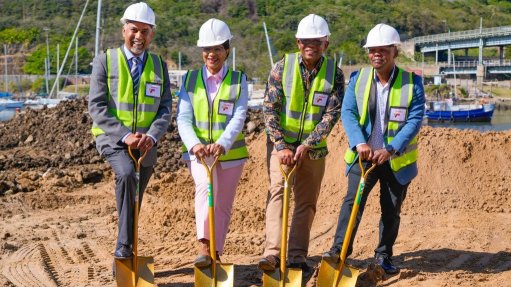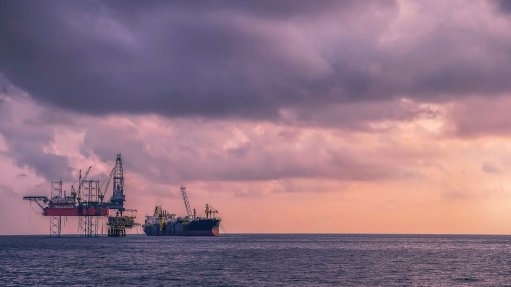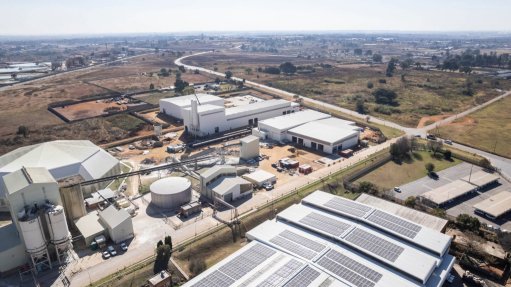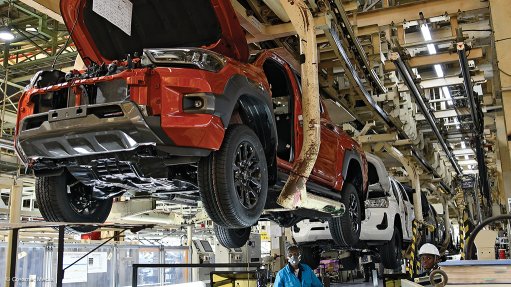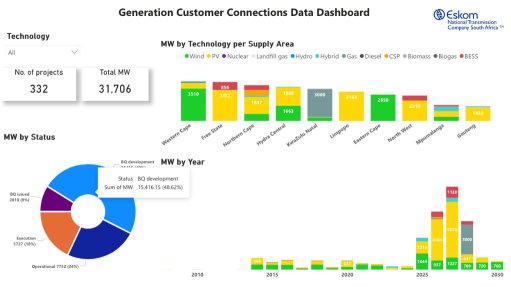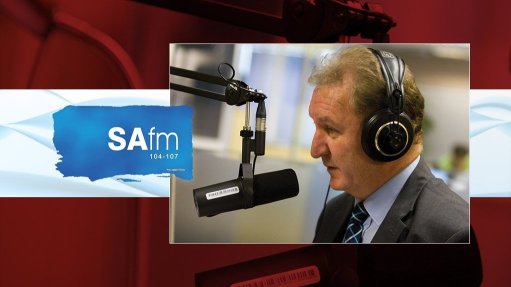IDC invests R150m to help reopen Glodina factory
The Industrial Development Corporation (IDC) has invested R150-million to reopen the Glodina towel manufacturing plant, in KwaZulu-Natal.
Earlier this month, Economic Development, Tourism and Environmental Affairs MEC Sihle Zikalala officially reopened the plant, which shut down nearly a year ago owing to cash flow challenges.
He said 138 workers still had jobs at the plant. This was expected to grow to 211 by January 2019.
A turnaround strategy was in place to return the well-known South African brand “to its glory days” and to enable it to export.
Negotiations with retailers were already under way so that the revitalised company could benefit from previous income streams.
Zikalala said this turnaround strategy included further investment in the plant.
The MEC thanked the previous owner, KAP Industrial Holdings, the diversified industrial group headed by German investor Claus Daun, for selling the troubled company at a price that would allow the buyer to return the company to profitability.
He said the new owner had been carefully chosen to ensure that jobs were preserved and the plant remained running and to avoid the risk of the sale of assets.
He said the reopening of Glodina was a tough challenge – it included partners in local and provincial government, as well as the South African Clothing and Textile Workers Union.
He thanked the workforce for assisting in saving the company rather than protesting the closure of the plant.
eThekwini mayor Zanele Gumede, meanwhile, said rescuing another large manufacturer in Hammarsdale, which had been wracked by unemployment following the implosion of the local clothing and textile industry, as well as the loss of over 2 000 jobs after the closure of Rainbow Chickens’ poultry farms, was imperative.
Without manufacturers, she noted, Hammarsdale resembled “a ghost town”.
IDC CEO Geoffrey Qhena said that, although there was still a great deal of work to be done before the plant was fully back on stream, most of the equipment remained in working order. Repairs to the roof and floor of the Hammarsdale plant were necessary and the IDC remained committed to bringing the factory back on stream this month.
He pointed out that the IDC usually retained smaller shareholdings in companies. It only bought a 100% stake in a company in exceptional circumstances. This was the case with Glodina, which had been established in 1951 and was a well-known South African brand, he said.
He pointed out that Glodina found itself in a market valued at R1.3-billion, where over 80% of merchandise was imported. He said it was important to give such a strong local brand a chance of survival.
While he was not advocating a policy of regionalism, he said it was important to develop companies that could contribute towards import replacement and job creation.
Zikalala admitted that the woes of troubled textile companies such as Glodina could be attributed to the influx of cheap imports and irregularities such as underinvoicing, as well as the fact that South African companies were no longer competitive as a result of high input costs (especially rising energy costs), as well as infrastructure rigidity and a lack of innovation and investment that resulted in companies using dated machinery.
Also not prepared to advocate regionalism, he said it was, nevertheless, important for government to put in place policies that protected industries that provided jobs, particularly for less skilled workers.
He said a support strategy for manufacturing in the province was being formulated and should be ready for presentation to the provincial executive by the beginning of next year. The clothing and textile industry – previously a major contributor to the regional economy but now referred to as a ‘sunset industry’ with no future – would be one of the sectors earmarked for support.
Zikalala appealed to both public- and private-sector partners to work together to rescue other distressed companies in the province. He also appealed to consumers to buy local products in order to preserve jobs in the country.
Article Enquiry
Email Article
Save Article
Feedback
To advertise email advertising@creamermedia.co.za or click here
Comments
Press Office
Announcements
What's On
Subscribe to improve your user experience...
Option 1 (equivalent of R125 a month):
Receive a weekly copy of Creamer Media's Engineering News & Mining Weekly magazine
(print copy for those in South Africa and e-magazine for those outside of South Africa)
Receive daily email newsletters
Access to full search results
Access archive of magazine back copies
Access to Projects in Progress
Access to ONE Research Report of your choice in PDF format
Option 2 (equivalent of R375 a month):
All benefits from Option 1
PLUS
Access to Creamer Media's Research Channel Africa for ALL Research Reports, in PDF format, on various industrial and mining sectors
including Electricity; Water; Energy Transition; Hydrogen; Roads, Rail and Ports; Coal; Gold; Platinum; Battery Metals; etc.
Already a subscriber?
Forgotten your password?
Receive weekly copy of Creamer Media's Engineering News & Mining Weekly magazine (print copy for those in South Africa and e-magazine for those outside of South Africa)
➕
Recieve daily email newsletters
➕
Access to full search results
➕
Access archive of magazine back copies
➕
Access to Projects in Progress
➕
Access to ONE Research Report of your choice in PDF format
RESEARCH CHANNEL AFRICA
R4500 (equivalent of R375 a month)
SUBSCRIBEAll benefits from Option 1
➕
Access to Creamer Media's Research Channel Africa for ALL Research Reports on various industrial and mining sectors, in PDF format, including on:
Electricity
➕
Water
➕
Energy Transition
➕
Hydrogen
➕
Roads, Rail and Ports
➕
Coal
➕
Gold
➕
Platinum
➕
Battery Metals
➕
etc.
Receive all benefits from Option 1 or Option 2 delivered to numerous people at your company
➕
Multiple User names and Passwords for simultaneous log-ins
➕
Intranet integration access to all in your organisation






